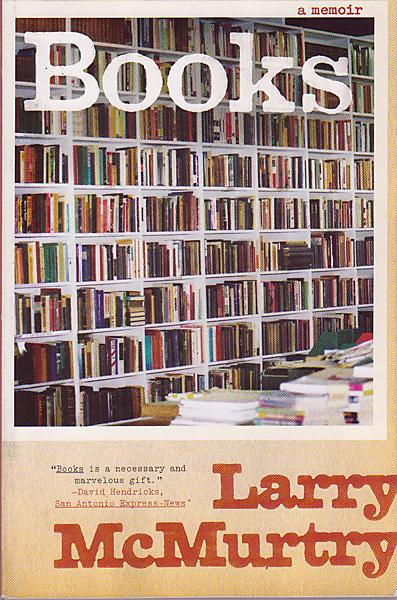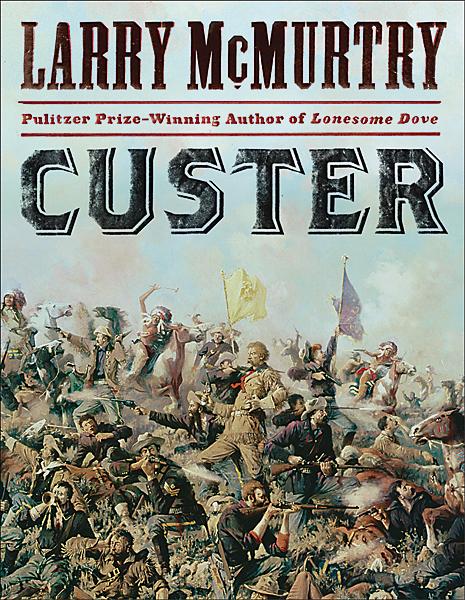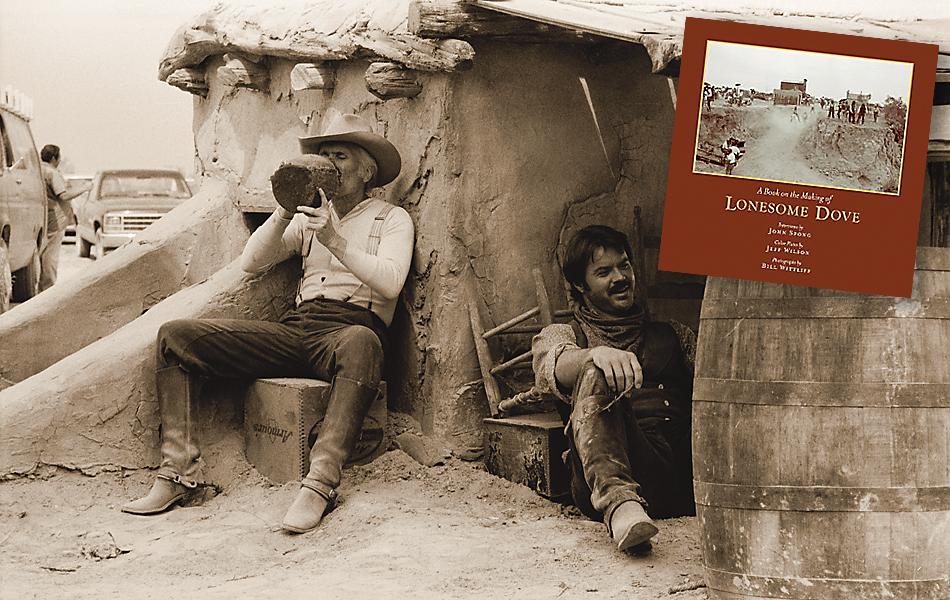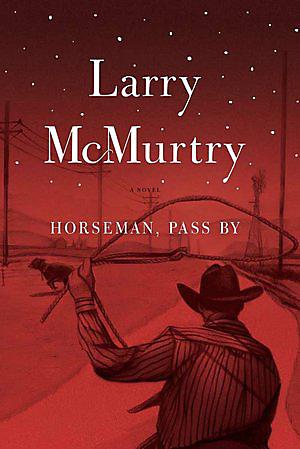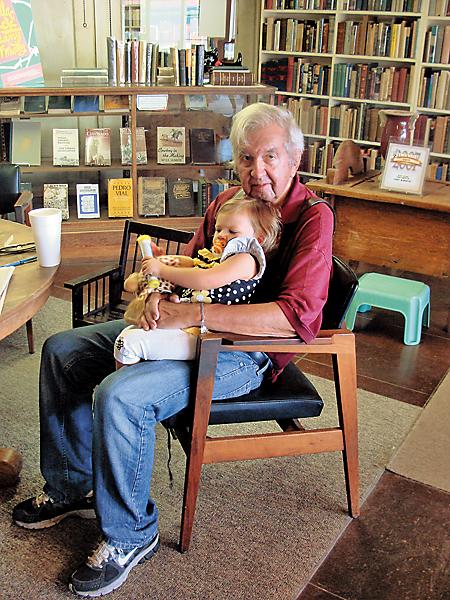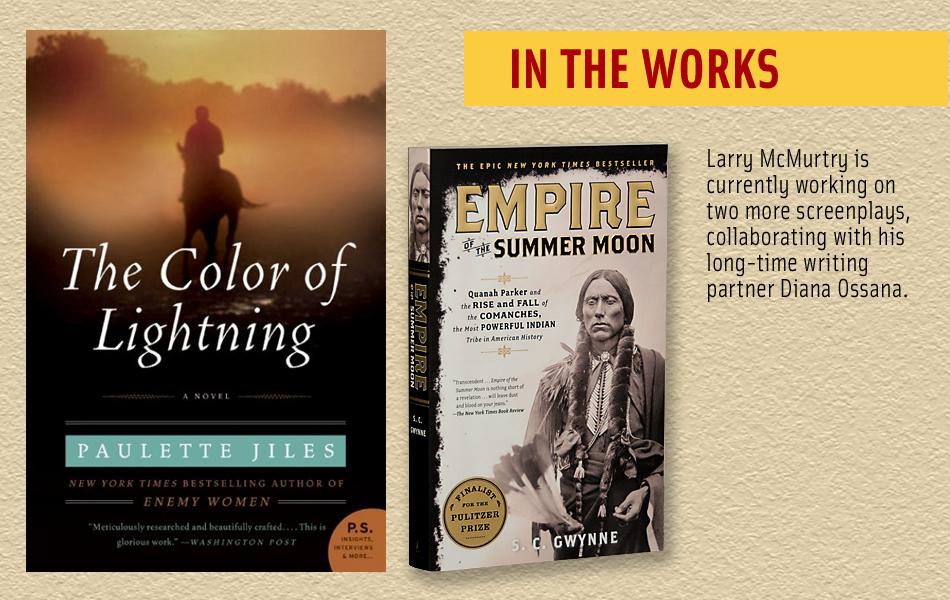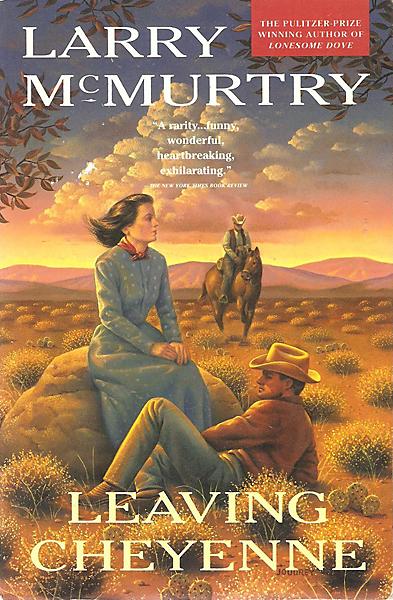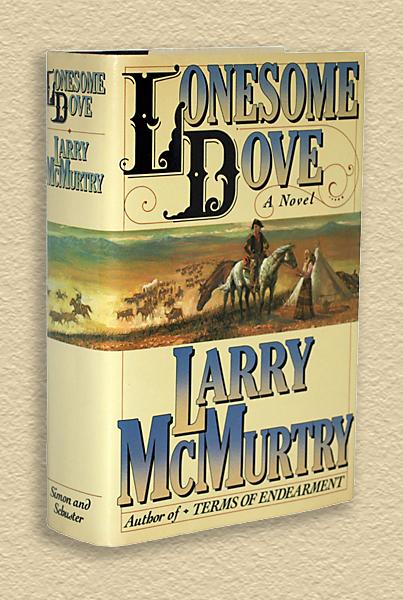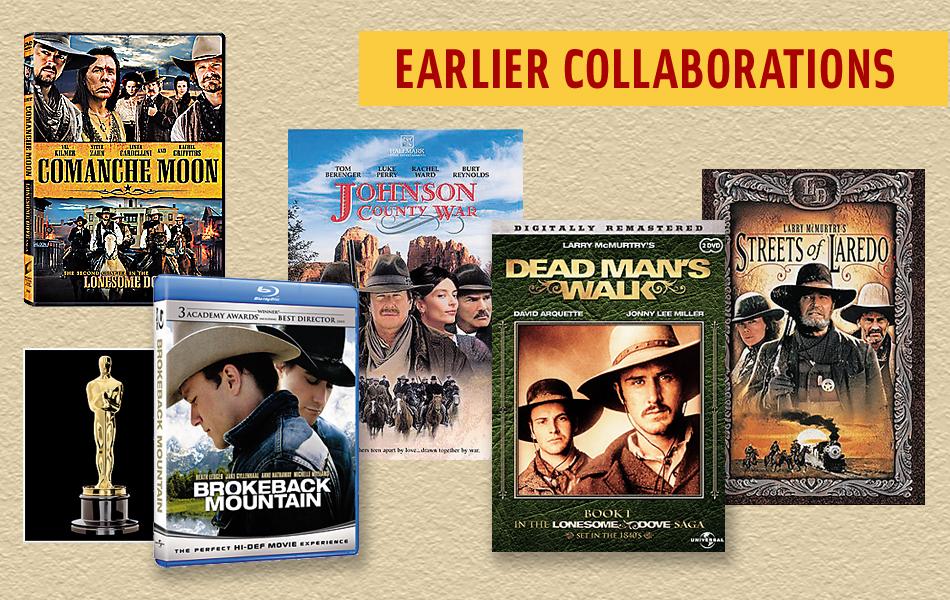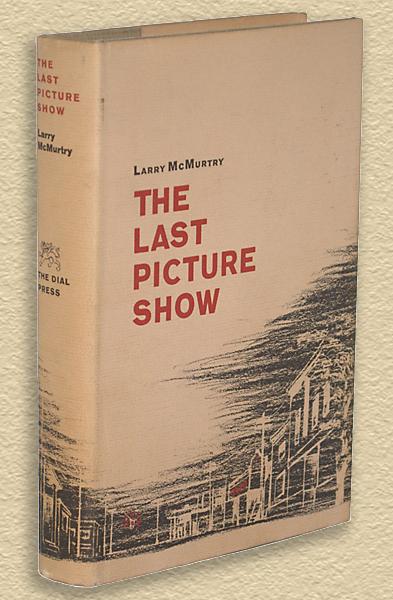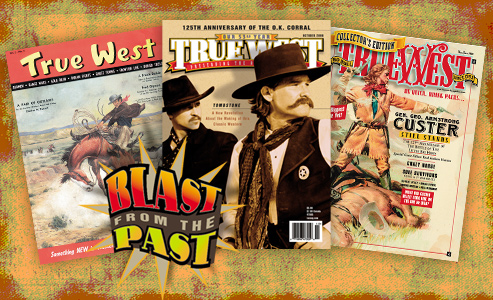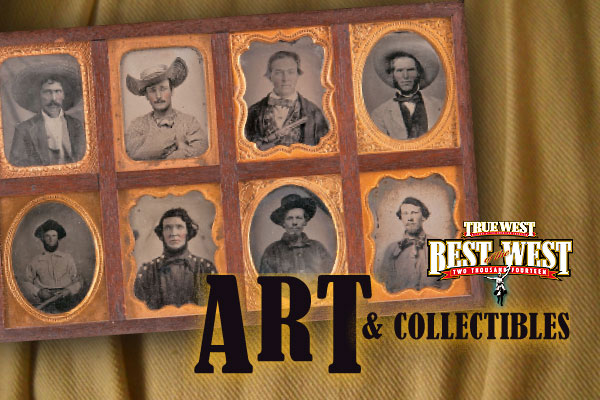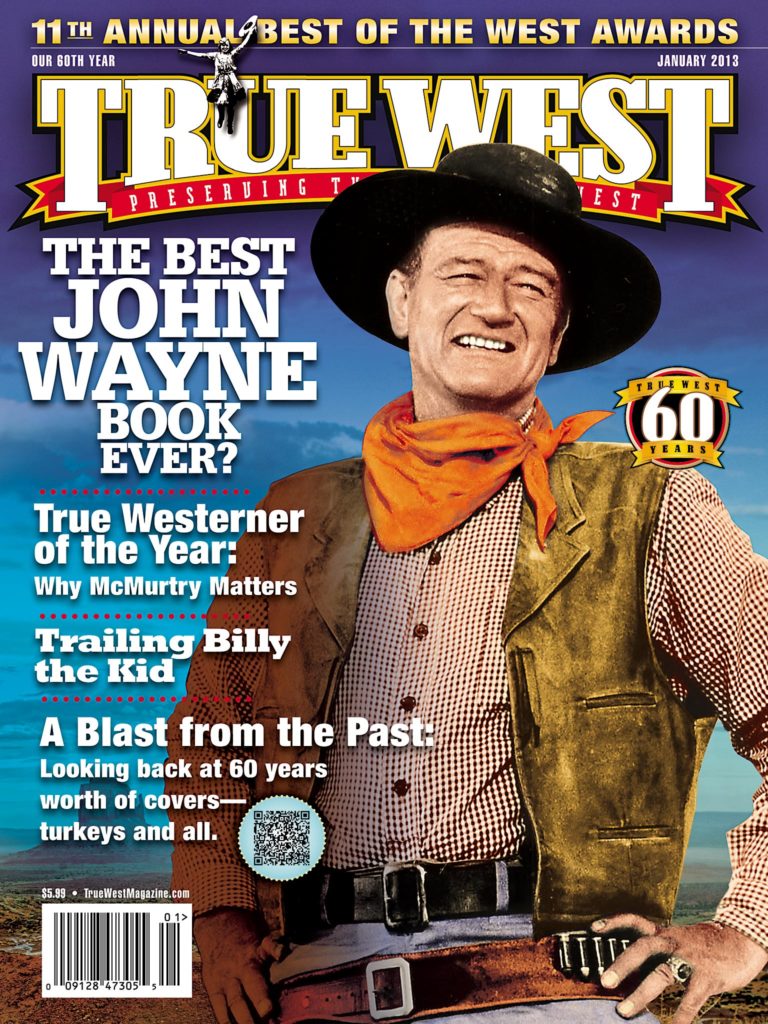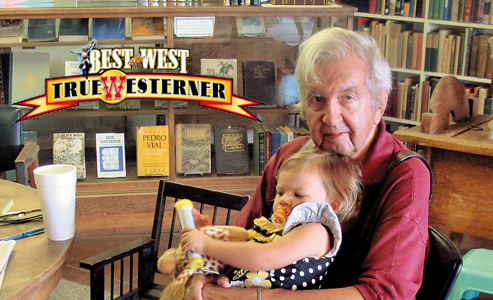 “Larry McMurtry bugs the hell out of me. He set out to ‘demystify’ the West and strip it bare—what kind of respect is that? But then he writes Lonesome Dove, one of the most fabulous books about the West. How does that happen? You’ve got to be some talent to do what he’s done for Western literature.”
“Larry McMurtry bugs the hell out of me. He set out to ‘demystify’ the West and strip it bare—what kind of respect is that? But then he writes Lonesome Dove, one of the most fabulous books about the West. How does that happen? You’ve got to be some talent to do what he’s done for Western literature.”
That’s how True West Executive Editor Bob Boze Bell reflects on our first-ever True Westerner of the Year.
Or as historian Paul Andrew Hutton puts it, “Anybody who loves books that much, I love, no matter how cranky he is or how much I disagree with his views on the West.”
McMurtry is the 76-year-old Pulitzer Prize-winning author of the classic Lonesome Dove and nearly 30 other novels, and to this day he helps keep the Old West in the minds of people around the world with most anything he does.
He showed that again in 2012 when he made national headlines by auctioning off 300,000 used books from the stock of his Archer City, Texas, chain Booked Up, an event that fans and book lovers from around the country flocked to attend.
The year also saw McMurtry release Custer, his take on the life of one of the great figures in Western and American history, George Armstrong Custer.
The book has stirred debate and received criticism for historical inaccuracies, but Hutton says McMurtry is not a historian and Custer should be regarded as a “thought piece.” Regardless of any controversy, you can’t deny the man continues to be hugely influential on conversations of the West. In a time when the Old West isn’t prominent in the mainstream, we tip our hat to an author who can still fan the flames and promote national discussion on a topic as thoroughly exhausted as Custer.
We may be luckier than we realize to have McMurtry as an Old West icon. In the November 2012 issue of Texas Monthly, the man who sported blue jeans to the 2006 Academy Awards and spurned the glitzy after parties for an evening stroll down Hollywood Boulevard to see shuttered bookstores of bygone days, conceded it wasn’t until later in his career that he tackled the Old West; and he did so to demythologize it. McMurtry said he learned, though, that Old West fans want the myth. The smash hit that was Lonesome Dove only enhanced the very myths McMurtry had set out to destroy.
Lucky for us fans, that revelation didn’t prevent McMurtry from further works on the Old West, and here he is, as we enter 2013, still a force on the international stage and still a titan of American letters.
Photo Gallery
Books: A Memoir (2008) – The man just loves books. The bibliophile professes his passion for the written word in this intimate memoir that historian Paul Hutton ranks as an all-time favorite that even brought him to tears.
– Courtesy Simon & Schuster –
– Courtesy University of Texas Press / Wittliff Collections at Texas State University-San Marcos –
Horseman, Pass By (1961) – McMurtry’s first novel is a stark examination of a moral frontier cattleman and his unscrupulous stepson. Paul Newman starred as the stepson in the film adaptation, Hud.
– Courtesy Booked Up –
McMurtry and Ossana are adapting the acclaimed S.C. Gwynne book Empire of the Summer Moon, which will bring Comanche warrior Quanah Parker to the big screen.
The duo will also adapt Paulette Jiles’s The Color of Lightning
, which is loosely based on the factual tale that inspired the classic Western The Searchers.
Leaving Cheyenne (1963) – McMurtry uniquely weaves the tragic tale of a love triangle by telling the story in three sections; one from the view of each main character.
Lonesome Dove (1985) – Simply his most iconic work. In the words of Robert Duvall: “The British can play their Hamlet and King Lear, I’ll play Gus McCrae any time.”
2008 The Lonesome Dove,/i> saga continued in this miniseries based on the second book in the series.
2005 McMurtry took home his only Oscar (while wearing blue jeans!) for his adapted screenplay for the groundbreaking film.
2002 Though not on par with Lonesome Dove, the Hallmark Channel’s Johnson County War was still a solid, epic Western miniseries.
1996 Oscar winner F. Murray Abraham starred in Dead Man’s Walk, which brought us the pre-Lonesome Dove days of Gus and Call.
1995 Streets of Laredo captured the epic beauty of McMurtry’s 1993 novel through its award-winning cinematography.
The Last Picture Show (1966) – The best novel ever written on the end of the Western dream. The semi-autobiographical novel takes place in a small Texas town in the early 1950s and was adapted into a film nominated for an Academy Award for Best Picture.


